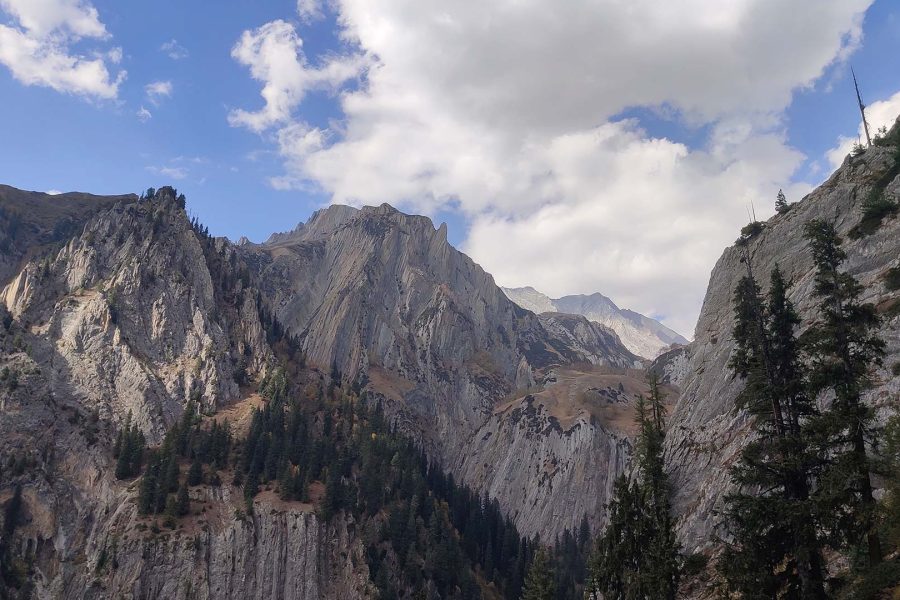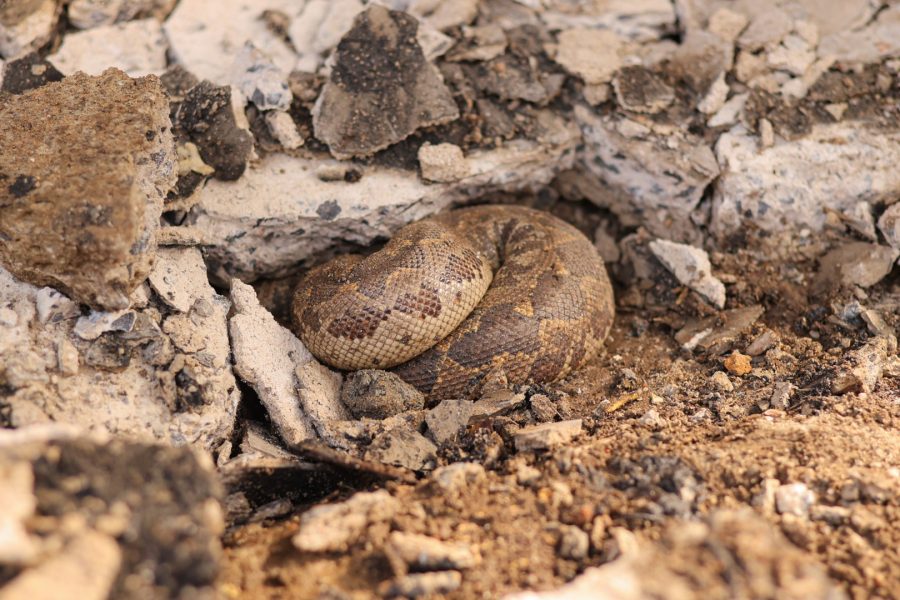By Aaliya Mir
Almost two years ago, we rescued two sibling moon bear cubs from the trunk of a Chinar tree in the Tral area of the Shopian Division of Kashmir. At the time of the rescue, the cubs were very weak and there was a lot of concern that they would not survive. However, they were quickly placed into the care of Farooq, one of Wildlife SOS’s bear keepers, and he nursed the cubs back to health. That was two years ago and now they have both grown up to be quite big.
Tral is the same general location where there was a tragic incident in 2006 where a bear was burnt alive. However, this time when the local noticed some activity near the Chinar tree, they decided to call the wildlife department instead of taking matters into their own hands.
Chinars are the most ancient trees found in Kashmir and can live for up to 500 years. The trunk can be a protective shelter for bears because their diameter can reach 5 meters. The tree that these cubs were was very large and probably attracted the mother there as a safe place to give birth to her cubs.
After the wildlife department got the report of the cubs in the tree, they had somebody keep an eye on the tree for 3 days. However, they didn’t see any activity of the mother returning back to her cubs. What happened to the mother remains a mystery because there had been no reports about conflict in the area. There was concern about the welfare of the cubs and the decision was made to move the cubs to Pahalgam. The cubs were estimated to be about 8 weeks old. The wildlife department knew that Wildlife SOS had extensive experience with raising orphaned bear cubs and therefore it was decided to transfer the cubs to the experts.
When Wildlife SOS had a chance to examine the cubs, the brother and sister were both found to be very dehydrated, weak and debilitated. They required around the clock attention and care and that is what they got until they recovered and were healthy and strong.
It is now two years later and the two siblings love to be together and explore their enclosure. They are great ambassadors for bears. Many people who see them come with negative attitudes toward bears and by the time they leave they have been converted to being supporters of protecting bears. We hope that these two bears will help with educating the public so that there will be a greater tolerance and appreciation for the Asiatic black bears that live wild in Kashmir





